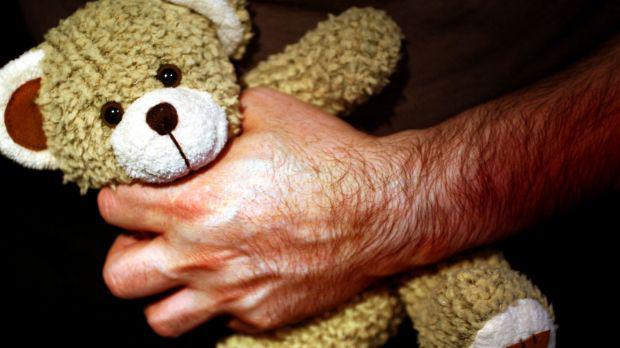|
Child abuse payout scheme comes with glaring flaw
The Age
The royal commission into child sex abuse has been a gruelling though enormously important process. It has been shocking and disturbing to learn the extent of institutional abuse of children. But we look back at history to learn from it, and it must be hoped that the work of the commission will lead to systemic changes and checks and balances that ensure this appalling abuse can never happen again. Another crucial goal is of course support and justice for the survivors of abuse, and with this in mind it is welcome news that the federal government is launching a compensation fund for child victims of abuse. But there is a glaring flaw in the scheme. The national scheme, a key recommendation from the royal commission, will compensate victims of child sexual abuse with payments of up to $150,000, cutting much of the existing red tape. But it will be opt-in only. Those states, churches and charities that do not want to contribute financially won't have to, dodging their responsibilities. Spruiking the news last week, Social Services Minister Christian Porter said important features of the scheme included that it would offer specialist psychological support to victims as well as allowing them, if they wish, to have direct contact with senior representatives of the institutions that were responsible at the time of their abuse. These initiatives have been welcomed by abuse survivors and advocacy groups. Having the truth of their experiences validated is a powerful part of the process of working towards healing. But responsible churches and charities, and all states, should surely be made to contribute to the compensation fund. Accepting responsibility for the unconscionable harm done to children in their care must involve more than words and gestures of apology. And we ought never again see the sorry saga of abuse survivors battling for years to receive justice. As advocacy groups have argued, given the appalling track record of many institutions in supporting people who were abused, allowing such organisations the choice of whether to contribute financially to the compensation scheme seems ludicrous. Why would we trust them now to do the right thing? Mr Porter says the federal government cannot compel the states or an institution to join the scheme, but this ignores other levers that could be used to apply pressure. As many have argued, withdrawing the tax-exempt status enjoyed by charities would be a fitting punishment for those that refuse to fund compensation. The threat of withdrawing this financial perk, worth an estimated $30 billion annually, would surely persuade many institutions that funding the scheme is the right thing to do. As its stands, the 10-year compensation scheme, beginning in 2018, will see responsible groups – who opt-in – fund the cost of their own participation and compensation payments. The Commonwealth will foot the bill as a last resort for institutions such as charities and churches that no longer exist or have no capacity to pay. Compensation will be capped at $150,000, $50,000 less than the upper limit recommended by the royal commission, and here again, we wonder at the government's thinking. With the total cost of redress for abuse survivors estimated to be about $4.3 billion, this cost shaving seems mean spirited. According to the royal commission, there are 60,000 abuse survivors. They were innocent children who needed care but were instead preyed on and abused while the responsibility of churches, other charities or the state. It's not good enough to apologise and move on; so many lives have been irreparably damaged, even ended. Those involved must also accept their financial responsibilities.
|
.
Any original material on these pages is copyright © BishopAccountability.org 2004. Reproduce freely with attribution.
